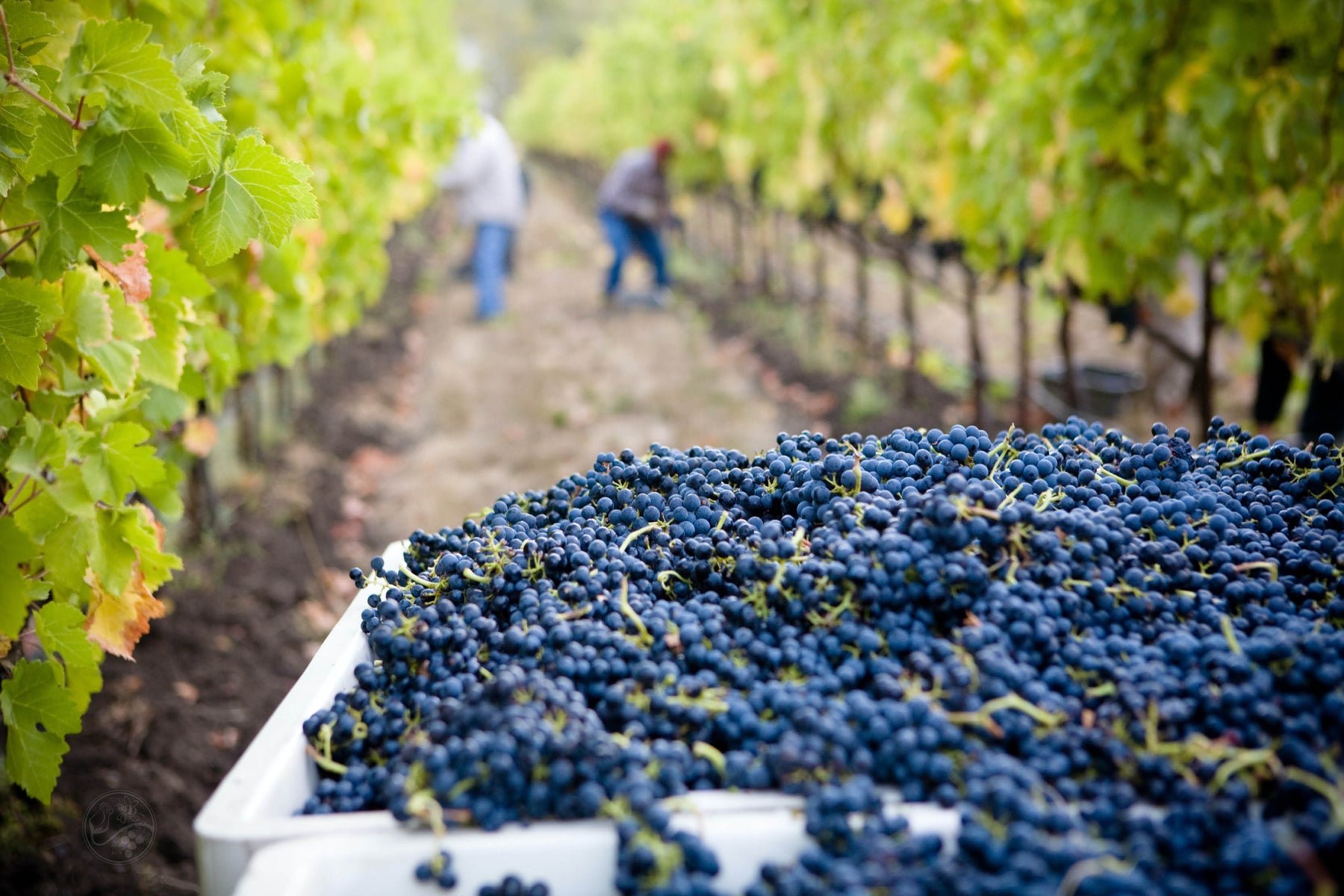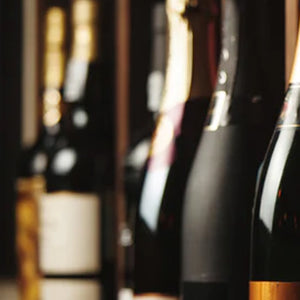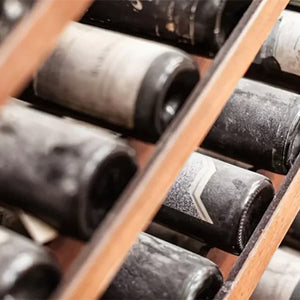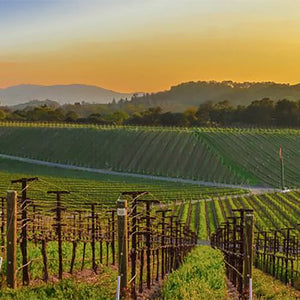
Organic, Biodynamic, Natural – What's the Difference?
By now, you’ve likely heard the terms organic, biodynamic, natural, and sustainable thrown around a time or two—and if you’re not clear on the differences between the designations, you’re not alone. As the demand for responsibly-farmed wines grows, many more estates are turning to these styles of farming practices. Curious to learn more? We’re breaking down everything you need to know amongst these popular farming / winemaking styles below.
Organic
While organic may appear to be the easiest of the terms to understand, there’s actually still some confusion around the term, namely because the United States and Europe have different rules for obtaining certification. While both are in agreement that organic farming eschews the use of pesticides, chemicals, and herbicides, the USDA requires that winemakers do not add any sulfur dioxide during winemaking so as to be organic. (Note: Sulfur dioxide has been used to preserve wine since ancient times, and is actually a naturally occurring byproduct of fermentation—hence, there is no such thing as a sulfur-free wine. Most winemakers worldwide see no issue with using this natural preservative, even many die-hard organic / biodynamic farmers.) This major difference surrounding sulfur permittence is why you’ll see a lot more European wines over US wines labeled as organic.
Biodynamic
The principles of biodynamics come from the writings of philosopher Rudolf Steiner, and are rooted in looking at a vineyard as a part of a whole ecosystem, rather than a singular entity—that’s to say, beyond just the vines, the soils, living organisms, and other plants are all taken into consideration. In addition to following the principles of organic farming, biodynamic farming follows other strict principles, including farming in accordance to the lunar calendar, burying cow manure in cow horns during the winter and using the fertilizer to enrich the vineyard in the spring, and beyond. In 1985, the organization Demeter was created and became the benchmark certifier of biodynamics; today, it is used in over 45 countries, amongst which its rules do not differ. Due to the stringent rules of being certified biodynamic, many winemakers will simply choose to implement biodynamic principles in their farming regimen, so as to provide flexibility within their cultivation.
Natural
The term natural wine is a bit of an anomaly in itself, in that there is really no set definition of what it means for a wine to be “natural.” However, most purists will agree that in addition to farming (at minimum) organically, natural wines are produced with minimal intervention in the cellar, meaning native yeast fermentations, no fining or filtering, and little to no sulfur used during the vinification process. Note: A number of professionals believe that for a wine to be natural, no added sulfur may be used whatsoever, though this point is largely debated upon.
Sustainable
Of all of the responsible farming-related terms, sustainable is perhaps the loosest of them all, as there are no set guidelines as to what it means to be sustainable. While many would argue that this word is simply used as a marketing ploy (and in quite a few instances, it is), the term sustainable also allows for regional flexibility, meaning that certain areas of the world can cater their regionally-specific sustainable designations to support the particular conditions that they individually face. For example, on a broad scale, many will argue that the excessive use of copper permitted in organic certifications is not sustainable, rendering it not suitable for certain regions. However, these regions may use harsh chemicals that damage plants and soil, which other designating boards wouldn’t deem fit.
Summary: It’s not all as clear—or transparent—as it may seem. The nuances of which farming choices are best for certain regions are very specific to the conditions at hand, though above all, steering away from damaging chemicals and pesticides is generally the way to go. Above all, the best means to figure out the farming and winemaking behind what you’re drinking is to shop with trusted retailers and sommeliers who know the wines / winemakers personally, or should the time and resources allow for it, simply do the research yourself. Our future planet will thank you!




